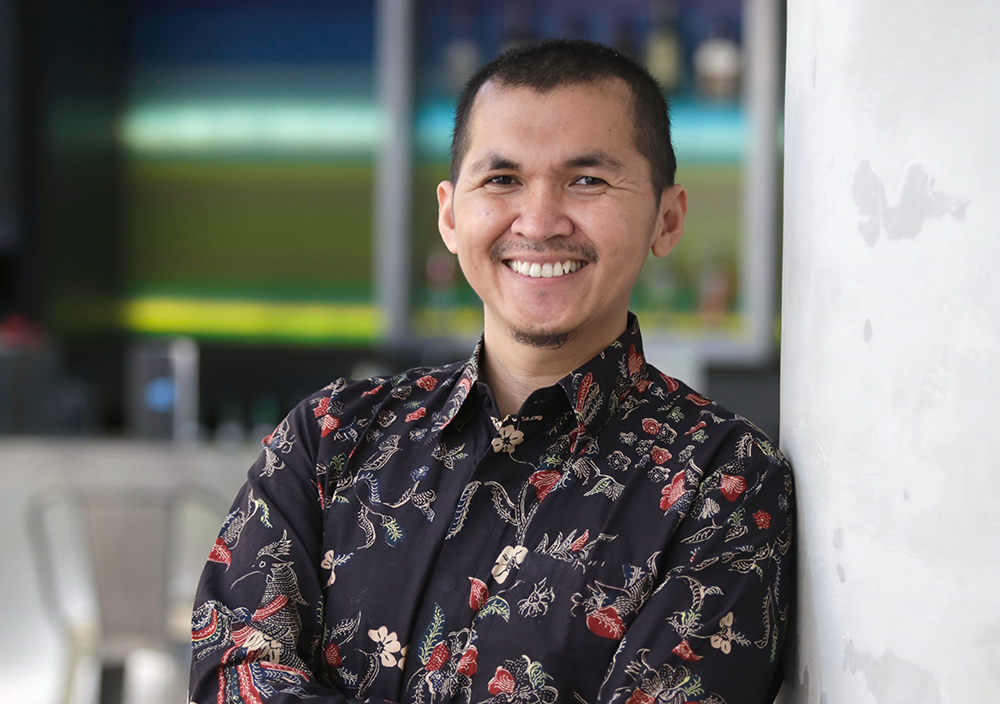
Indonesian Teacher Trainer Dede Supriyanto (MEd(SpecEd) ’16) believes all children have the potential to learn and is delivering quality education for children with multiple disabilities.
With a desire to develop the learning opportunities for children with a disability, Dede was inspired to study at Flinders University after witnessing the contribution its graduates were making to Indonesia’s education system.
‘Flinders University has exceptional reputation especially in the disability field,’ says Dede. ‘The dedicated lecturers and resources offered greatly supported my needs, as both a teacher and a trainer, to gain in-depth knowledge on teaching those with a disability.’
Dede is now a Teacher Trainer in Indonesia’s Ministry of Education and Culture, in charge of training special education teachers nationally as well as conduct collaborative trainings with international partner institutions.
He also leads projects to develop an education model for children with Multiple Disabilities and Visual Impairment (MDVI) in Bandung and Yogyakarta, supported by Perkins International and the Alumni Grant Scheme administered by Australia Awards Indonesia.
The ability for children with multiple disabilities to communicate is often impacted, which subsequently affects their ability to learn. They require learning approaches that are tailored to meet their specific needs.
‘A deaf-blind child or a blind child with Cerebral Palsy obtains information from their remaining senses, such as taste, touch, and smell,’ said Dede. ‘If their teacher doesn’t understand this, they will only give information verbally or visually, which children with MDVI won’t be able to pick up.’
To address this gap in education, Dede rolled out a development program with teachers, parents and caregivers. The project aimed to improve teachers’ knowledge and skills in teaching children with MDVI, enhance the participation of the parents, and create an accessible learning environment for the children.
Methods included the teacher using real objects and Braille for the child’s daily timetable, along with hand-under-hand guidance to explain an action or object to children.
‘For deaf-blind students, for example, teachers can’t use visual or auditory senses, it has to be something concrete that can be touched,’ explains Dede.
A series of workshops were also held for parents and caregivers to help improve participation in their child’s education, such as involving them in developing their child’s curriculum and exploring activities for learning at home to develop their child’s potential.
‘We want to build parents’ confidence that no matter how hard their child’s condition is, they are still able learn. These children all have potential to learn,’ says Dede.
Dede now has plans to build a special school for children with disabilities, especially those from a disadvantaged family background to focus on tailored education programs.
Learn more about studying Education at Flinders University.
Flinders graduates have global reach and international impact, read more

